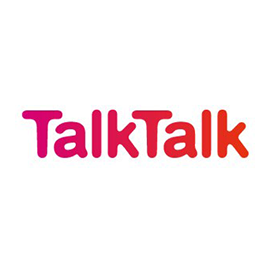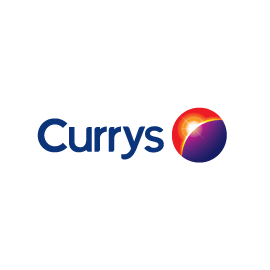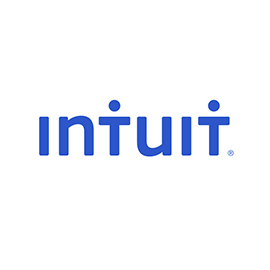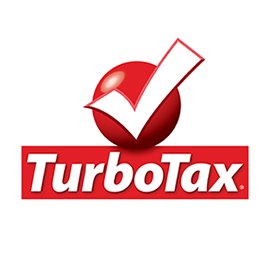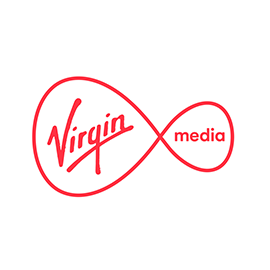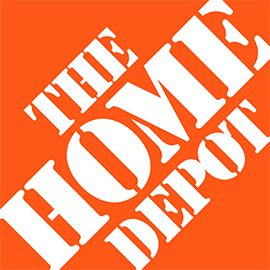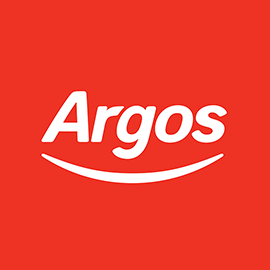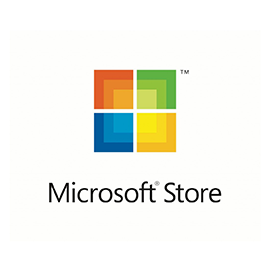
Rise, fall, and more falling
Yahoo has struggled for years to regain the glory of the pre-dot com bubble burst days, fighting for air while rivals like Google and Facebook grew and thrived.
By April 18, it may be owned by one of those rivals.
What happened to the company that was once king of the net? While shareholders are fed up with the company’s continued insolvency and CEO Marissa Mayer’s business leadership, Yahoo’s tortured history shows that this sale was inevitable years before Mayer came into power, even if her tenure put the final nail in the coffin.
With final bids for its web and news businesses due next week, here’s a look at what went wrong at Yahoo, who wants to buy it and what comes next.

Plummet from greatness
From Yahoo’s inception in 1995 to 2000, it grew from a promising start-up with $2 billion in venture capital to a $140 billion force of nature.
Almost as synonymous with the internet as AOL, Yahoo foresaw the profitability of the medium and tried to snatch up as many online businesses as possible, spending billions on now-defunct sites like Geocities, Hotjobs, and Broadcast.
Following the dot-com collapse, Yahoo’s value fell to $11 billion in 2002, its assets and investments severely devalued, along with every other tech giant. Yahoo wasn’t alone in putting too much money into concepts without considering whether they could actually ever earn profits.
Unfortunately for the ‘hoo, it ignored the value of businesses that would end up profitable: search engines. Instead, the company leased its searches out to a start-up named Google in 2000.
When Yahoo attempted to buy Google for $3 billion in 2002, the latter wisely rebuffed the acquisition. Yahoo would eventually start its own search engine with sponsored links in 2004, but never came close to claiming Google’s hold on the market.
That didn’t stop Yahoo from buying dozens of other promising sites, trying to maintain its status as the one-stop shop for all things internet.
These investments never panned out as hoped. A senior member of Yahoo publicly complained about the company’s “Peanut Butter manifesto“: it bought anything and everything, instead of finding the most profitable areas like social media and advertising and sticking to them. This criticism precipitated another long period of decline.
In 2008, Microsoft attempted a hostile buyout of Yahoo’s shareholders at $45 billion – $37 billion more than Yahoo’s current estimated value. Jerry Yang, Yahoo’s CEO at the time, convinced shareholders to resist the buyout, a decision that has those same shareholders fuming now, and likely has Microsoft sighing in relief.

Marissa Mayer’s tenure from 2012 to today had Yahoo attempt to rebrand as a social media and video hub, primarily through its $1.1 billion purchase of Tumblr in 2013 and acquisition of TV shows like Community for the failed Yahoo Screen.
While Tumblr may have grown in popularity since then, Fortune estimates that the company only made $10 million pre-acquisition and hasn’t grown enough in profitability to come close to justifying its asking price. This was likely the last straw for Yahoo shareholders.
Currently, Yahoo is valued at $32 billion dollars, but financial sites like Forbes claim that Yahoo’s ownership stakes in Chinese e-commerce company Alibaba and Yahoo Japan are collectively worth $36 billion alone. Without these assets, Yahoo’s day-to-day businesses operate at a huge loss.
Still, Yahoo is demanding $10 billion from potential buyers as a starting price, based on the continued strength of its market outreach and name brand.
Will it rise again?

Any takers?
So Yahoo is ready to sell, like, yesterday, but who’s buying?
Market watchers peg Verizon, the Daily Mail and to a lesser extent Microsoft to be the front runners of the 40 or so companies eyeing Yahoo. Google and Time, Inc. have also emerged as possible buyers.
After Microsoft’s failed buyout, it partnered with the company to show Bing search results on Yahoo’s browser. Today, Bing and advertising populate 51% of Yahoo’s search engine, with the remaining 49% originating from Google’s engine. Both companies stand to lose access to this partnership if Yahoo sells to the wrong buyer.
It’s likely Microsoft won’t buy the company outright, according to USA Today, though it could partner with or finance a private third party’s bid in return for retaining access to the search engine.
Google, meanwhile, could strengthen its hold on web traffic and cripple Bing through an acquisition. However, the risk here is public backlash and likely antitrust lawsuits over creating a web search monopoly. Experts predict Google will back away from the deal.
Verizon is currently the primary front runner, according to the Wall Street Journal. It made waves last year when it purchased another fallen tech giant, AOL, for over $4 billion. Fortune reports that Verizon’s telecom revenue has stagnated, and it’s looking to diversify into AOL’s online advertising and news sources like The Huffington Post.
Purchasing Yahoo for its similar assets is Verizon’s logical next step to continue expanding into the online advertising sector.
Meanwhile, Daily Mail General Trust (DMGT) is hoping to offset its losses in the traditional print market with greater strength in the online sector. Sources at the BBC suggest DMGT is, like Microsoft, considering partnering with a private equity firm.
The firm would acquire Yahoo’s web business and DMGT would either own and operate Yahoo’s media outlets independently, or merge its own news sources with Yahoo’s.
Daily Mail’s tabloid-esque sites already attract tens of millions of UK viewers monthly; the US market could be next on its agenda.
Time, Inc., another print conglomerate hoping to peddle its print wares to Yahoo’s 1 billion users, could save the company from having to sell at all. Time, which recently broke off from Time Warner Cable, could merge with Yahoo under a Reverse Morris trust, according to Bloomberg.
This tax law allows Yahoo to acquire a spin-off company’s assets without being taxed for them. This would preserve Yahoo’s autonomy and finances temporarily, but might not cure either company’s monetary troubles.
Whichever company buys Yahoo, the brand will continue to exist and draw in readers and viewers, though certain news brands may be shuttered or subsumed into other sites.
Mayer will almost certainly be ousted, and a buyout by Verizon could also lead to thousands of layoffs for Yahoo’s current workforce. Word is AOL CEO Tim Armstrong and Verizon EVP Marni Walden would run the show if the carrier comes out on top.
This may be the end of Yahoo as we’ve known if for 21 years, but it’s really just the beginning of a whole new chapter for the once-great firm. Will it be a happy one, or will we be adding a new tragedy to the company’s long history of heartache in a few years? Only time will tell.
Source: techradar.com




